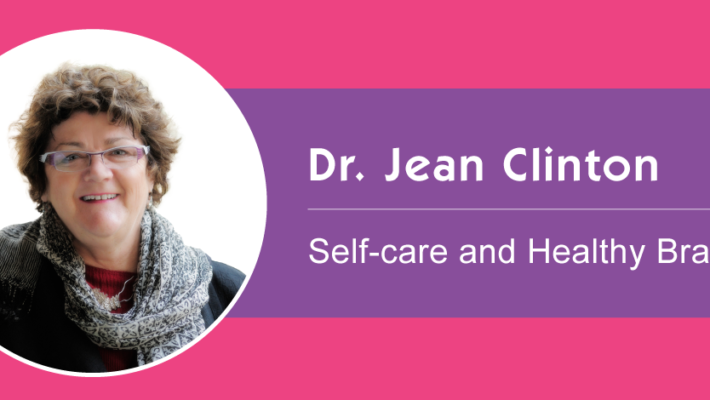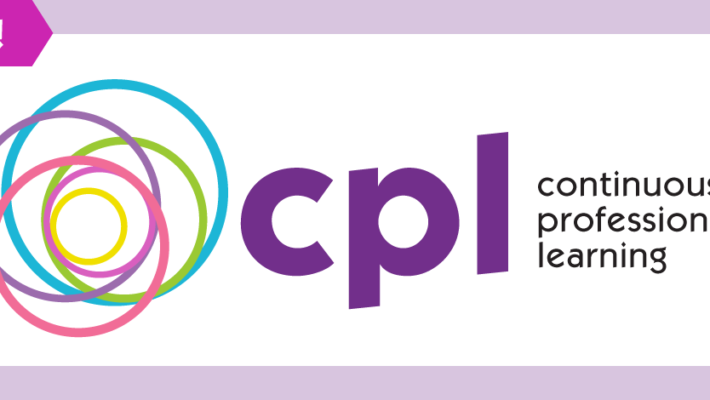Fostering children’s holistic development and well-being is foundational to an RECE’s practice and reflects their unique expertise and experience. RECEs are familiar with the common developmental domains and continually seek to develop a deeper understanding of child development in their work with diverse children, families and communities. These domains, listed …
Part of the role of an RECE is to nurture the development of children in your care, as well as the families that surround them, and to put the needs of others at the forefront. It’s important, challenging work, and it requires strength and resilience. We know that self-care is …
When you thrive, children thrive To nurture and care for others, Registered Early Childhood Educators (RECEs) need the opportunity to nurture and care for themselves. For this reason, The College of Early Childhood Educators (The College) has launched an online mental health resource centre so that we prioritize the mental …
Welcome to the profession! As an Early Childhood Educator, you play a vital role in supporting children’s development and their sense of belonging and well-being. In collaboration with families, colleagues and other professionals, your practice will influence a child’s early learning experiences. As a member of a regulated profession, you …
The College’s Continuous Professional Learning (CPL) Program is grounded in self-reflection, self-directed learning and the Code of Ethics and Standards of Practice. As members of a regulated profession, RECEs, regardless of employment status, role, or setting, are responsible for completing the CPL Program requirements, which include Educational Requirements and the …
The College unveiled last week its revised Continuous Professional Learning (CPL) Program launching in July. Approved by the College Council in early April, the revamped program now includes member education on sexual abuse prevention and a simplified CPL Portfolio that: Reduces the portfolio cycle from two years to one year Reduces …
To appreciate the depth and breadth of knowledge and experience being incorporated into the member education component of the new Sexual Abuse Prevention Program, the College wanted to provide more insight into the Canadian Centre for Child Protection’s (C3P) 35 years of dedication and program innovation to help families and …
Black History Month is a time to celebrate Black culture, arts and the many achievements and contributions of Black Canadians, while acknowledging the ongoing realities of anti-Black racism. As much as it is important to recognize and celebrate Black History Month, to avoid tokenistic recognition, this reflection should extend beyond the month of February …
In winter of 2021, we conducted a survey to secure member and stakeholder feedback regarding the understanding and application of the Code of Ethics and Standards of Practice (Code and Standards) and the use of professional practice resources. The survey helped the College to identify and confirm themes and topics to …
In case you missed it: The Practice Guideline on Communication and Collaboration
December 3, 2021
To support communication and collaboration with adults in your practice setting, the College has introduced a Practice Guideline on Communication and Collaboration. The Practice Guideline is available as a digital resource, making the content interactive and easily accessible for all members. Daily communication and collaboration are two activities that RECEs …







